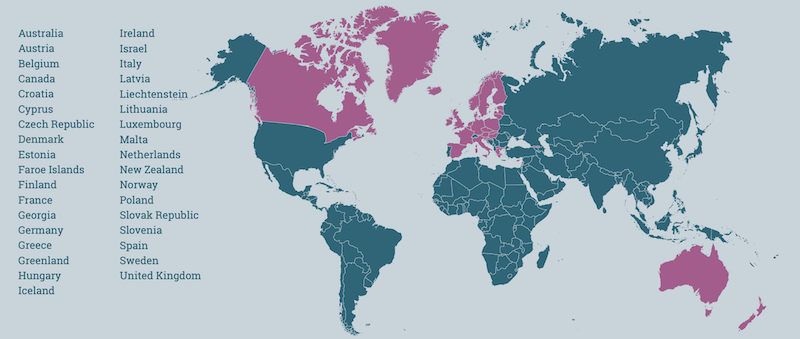PLR is a commitment to fairness: The EWC welcomes the PLR Study by Sabine Richly for the WIPO SCCR 45
For the Forty-Fifth Session of the Standing Committee on Copyright and Related Rights (SCCR 45) in Geneva, April 15 to 19, 2024, the SCOPING STUDY ON PUBLIC LENDING RIGHT, prepared by Sabine Richly, MBA, LL.M, will be presented and discussed. The EWC had constantly supported the corresponding proposal for a WIPO Scoping PLR Study by the Republics of Sierra Leone, Panama, and Malawi.
From the perspective of many stakeholders, authors need to be compensated for these uses as they provide the material that libraries need in order to fulfil their mission for the knowledge and cultural societies. They consider their work a key contribution to the social pact between creators and libraries that benefits society. The European Writers’ Council (EWC) argues, based on the principle that every use of a copyrighted work should be subject to exclusive rights or at least a remuneration, that:
- in many countries lending figures are just as large as sales and therefore affect the primary
markets of authors and publishers. - PLR payments can help to ensure a thriving literary sector, as compensation for loans also
generates an increase in income, which is positively reflected in tax payments, as well as
in the pension and social security contributions of authors who are often employed as
freelancers (writers, translators, illustrators, for example). - By investing in authors through PLR, the state not only supports the well-being of creators
during their working lives but also alleviates future burdens on state budgets. PLR may
serve as a safeguard against old-age poverty experienced by freelancers in cultural
sectors and offers substantial benefits to state budgets, especially in areas like pensions
and unemployment benefits.
Appropriate funding of loans is a safeguard for the preservation of cultural heritage, diversity of languages, written culture, and enables fair access to literature and culture across different population groups – the access to create and to raise their own voice, therefore protecting cultural and intellectual resources for future generations (intergenerational equity).
The EWC calls on WIPO Member States, to foster knowledge exchange on PLR such as regional seminars or advisory pools with the involvement of rights holders and PLR enablers, to support interested countries without PLR yet, to explore a tailor-made solution for their legal and budgetary environment.

